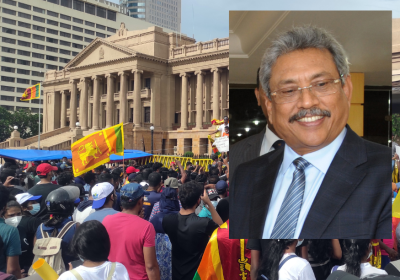
After nearly two months in self-imposed exile, former President Gotabaya Rajapaksa returned to Sri Lanka on September 3, reports Janaka Biyanwila.

After nearly two months in self-imposed exile, former President Gotabaya Rajapaksa returned to Sri Lanka on September 3, reports Janaka Biyanwila.
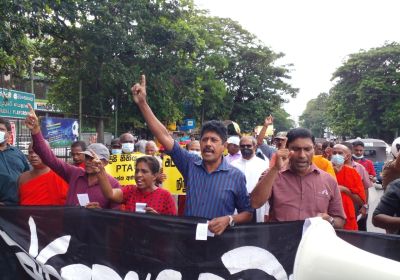
The Sri Lankan government has begun escalating its repression against the popular movement that removed former President Gotabaya Rajapaksa from office, reports Janaka Biyanwila.
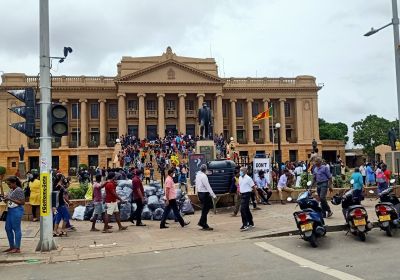
Lahiru Weerasekera, a student leader and key actor in the people’s movement, discusses the new forms of struggle in the mass protests in Sri Lanka.
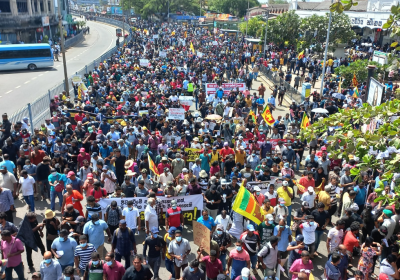
Socialist Alliance welcomes the success of Sri Lanka’s mass protest movement in forcing President Gotabaya Rajapaksa's removal and calls on the federal government to provide humanitarian, not military, aid to Sri Lanka.
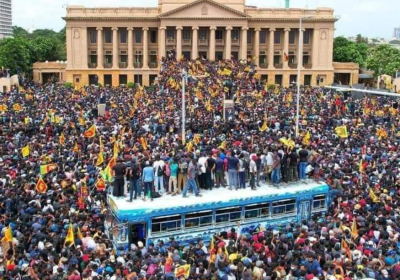
The people’s movement in Sri Lanka that converged in the last three months achieved its main objective on July 9 with President Nandasena Gotabhaya Rajapakse's offer to resign, reports Janaka Biyanwila.
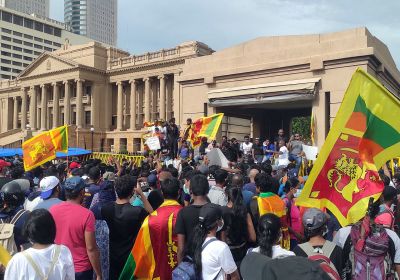
Despite ongoing protests, shortages, 40% inflation and a historic debt default, Sri Lankan President Gotabaya Rajapaksa says he will finish his term. His statement comes amid a wave of mass arrests of peaceful protestors, reports Janaka Biyanwila.

In a government that has lost its popular mandate, Ranil Wickramasinghe, former prime minister from the opposition United National Party, has offered his services to rescue Sri Lanka's regime, reports Janaka Biyanwila.
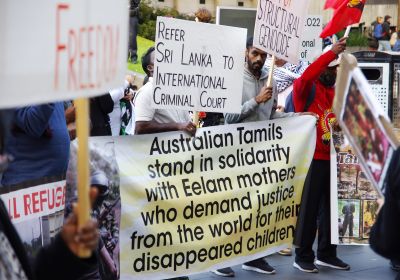
Tamils in Melbourne marked the 2009 Mullivaikkal massacre and demanded an end to the military occupation of Tamil land. Chris Slee reports.
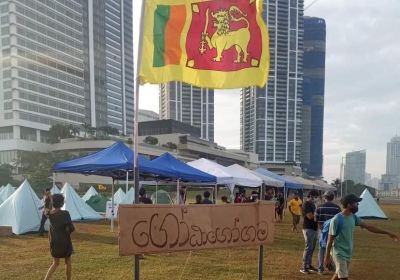
The institutional integration of sports with the military has reproduced authoritarian sports cultures, writes Janaka Biyanwila. Popular protests demanding regime change are also about demilitarising the state.
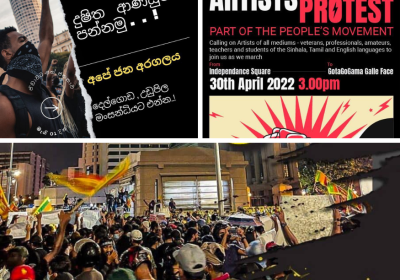
Since the beginning of March, protests have erupted across Sri Lanka demanding the resignation of President Nandasena Gotabaya Rajapaksa, writes Janaka Biyanwila. These protests emerged in the context of rising costs of living, exacerbated by a foreign debt crisis.
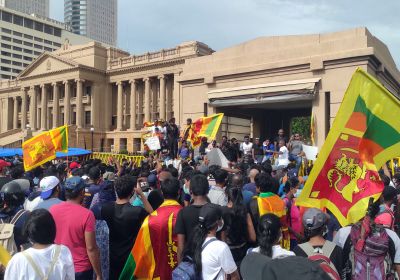
A wave of protests has spread throughout Sri Lanka in recent weeks, sparked by an economic crisis. Chris Slee reports.
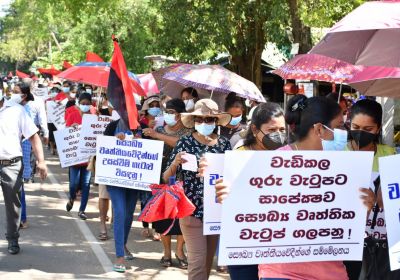
A district court in Sri Lanka's capital Colombo ordered the government nurses union to suspend strike action on February 9 after more than three months of strikes, reports Chris Slee.